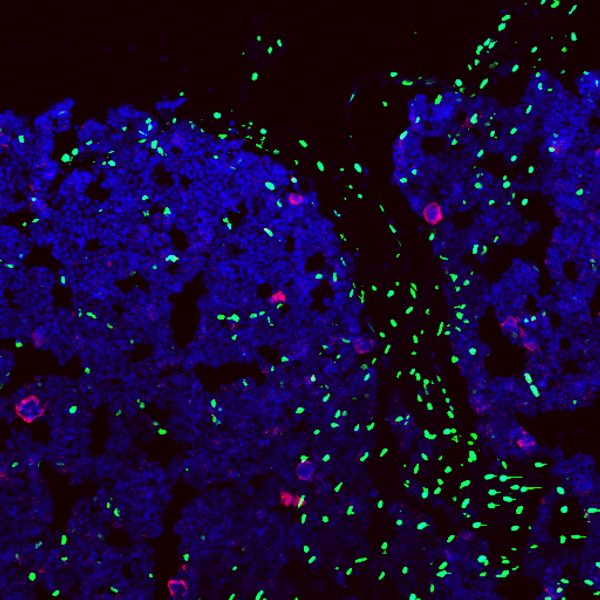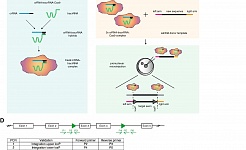Stem cells are essential for maintaining and repairing regenerative tissues. However, genetic alterations of stem cells can lead to the generation of Leukemic Stem Cells (LSCs) and “Cancer Stem Cells” that drive tumorigenesis, relapse and metastasis. Starting with mouse models, we primarily analyse primary patient samples (blood, bone marrow, tumor/metastasis samples,) and link the results to clinical parameters with the goal to develop innovative strategies to detect and target cancer and metastatic stem cells and break therapy resistance. We use beyond state of the art technologies including multi-omics analysis with single cell resolution. The results of the laboratory provide insights into four key research areas: (1) function and molecular principles of LSCs and their role in treatment resistance and driving relapse, (2) study of the neuronal influence in pancreatic cancer (3) functional characterization of circulating tumor cells in breast cancer and their use in personalized oncology, (4) identification of therapy resistance mechanisms in acute leukemias, breast and pancreatic cancer and unravel possibilities to overcome it. The overarching theme is to develop innovative approaches to fight cancer and translate this knowledge into novel early clinical trials.
We perform fundamental and translational cancer research using state-of-the-art technologies, including omics analysis (epigenome, methylome, transcriptome, proteome), gene editing, single cell technologies and advanced microscopy in vitro and in vivo. We also use genetically engineered mouse models, primary clinical samples, patient derived xenografts and primary cells and organoids derived from these to mechanistically identify the basis of self-renewal and leukemia stem cell function. For leukemias we have the goal to develop innovative strategies to detect and target leukemic stem cells in primary disease as well as in minimal residual disease and relapse.
Read more:











